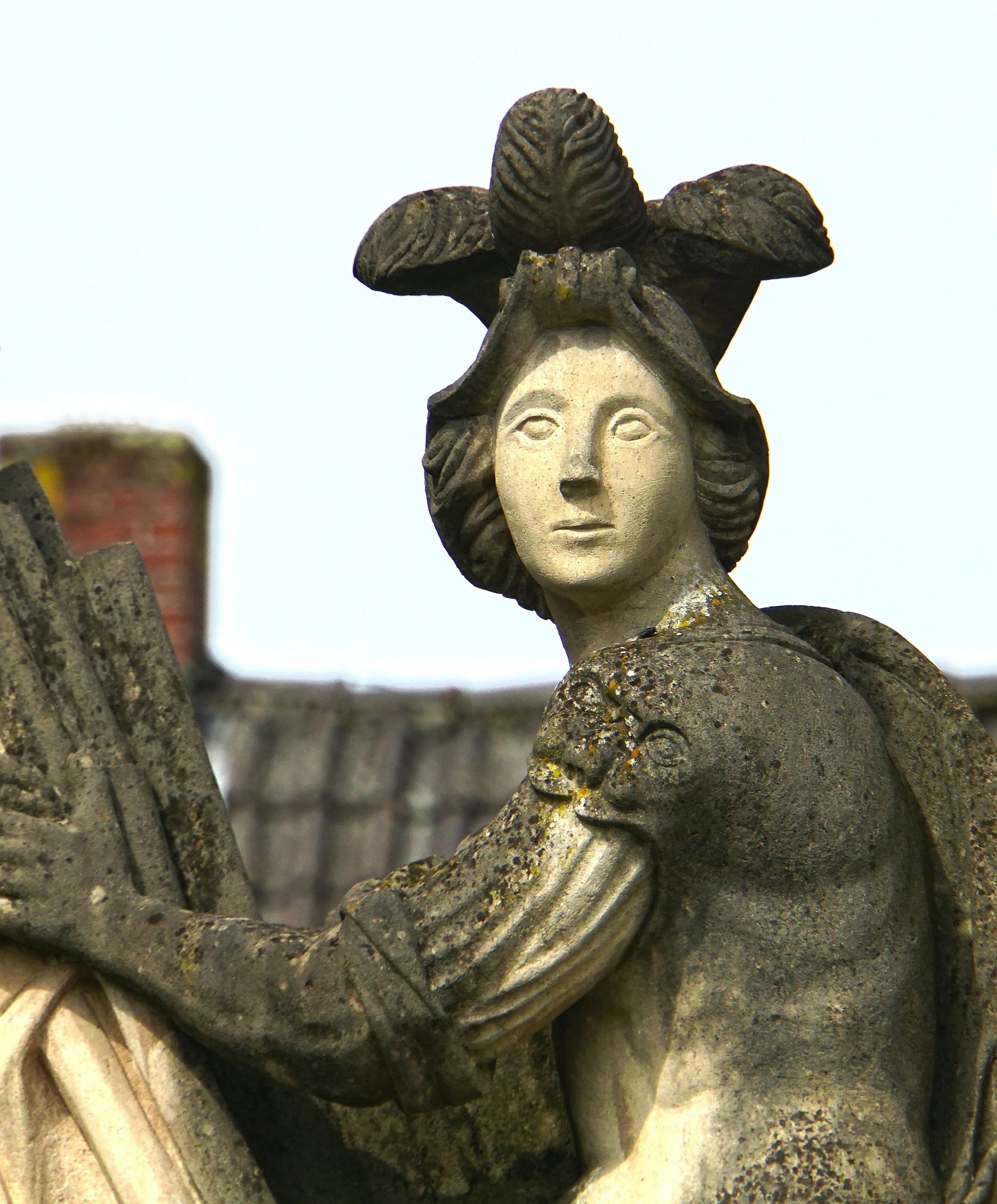“Candide” is a satirical novel by Voltaire that follows the misadventures of the titular character, Candide, as he navigates a world filled with hypocrisy, cruelty, and absurdity.
The story begins with Candide living a sheltered and optimistic life in the household of the Baron Thunder-ten-Tronckh in the German province of Westphalia. Candide is taught by his tutor, Pangloss, that this is “the best of all possible worlds” and that everything happens for a reason. Candide internalizes this philosophy and believes that he lives in a perfect world.
However, Candide’s life is turned upside down when he is expelled from the baron’s castle after being caught kissing the baron’s daughter, Cunégonde. This event sets off a series of calamities that see Candide traveling the world, encountering various absurd situations and witnessing the cruelty and folly of humanity.
Throughout his journey, Candide experiences natural disasters, warfare, slavery, betrayal, and personal loss. Despite Pangloss’s continued insistence on the goodness of the world, Candide begins to question this philosophy as he confronts the harsh realities of life.
Along the way, Candide reunites with various characters from his past, including Pangloss, Cunégonde, and others who have suffered their own trials and tribulations. Together, they embark on a quest for happiness and meaning in a world filled with suffering and chaos.
In the end, Candide comes to reject Pangloss’s optimism, realizing that the world is far from perfect and that true happiness lies in cultivating one’s own garden and finding contentment in the simple joys of life.
“Candide” is a biting satire that skewers the philosophical optimism of the Enlightenment era while offering a profound meditation on the nature of human existence and the pursuit of happiness in a world marked by uncertainty and absurdity.
Voltaire, whose real name was François-Marie Arouet, was a French Enlightenment writer, philosopher, and historian, born on November 21, 1694, in Paris, France. He was one of the most influential figures of the Enlightenment, known for his wit, intelligence, and advocacy for civil liberties, freedom of speech, and religious tolerance.
Voltaire received a Jesuit education but later developed a passion for literature and writing. He began his literary career as a playwright, producing numerous works for the theater, including tragedies, comedies, and historical dramas. However, it was his sharp wit and biting satire that made him famous, as seen in works like “Candide,” which critiqued the social and political institutions of his time.
Throughout his life, Voltaire was a vocal critic of the French monarchy, the Catholic Church, and the oppressive social structures of his day. He frequently used his writing to challenge authority and champion the cause of justice and reason.
Voltaire’s views often got him into trouble with the authorities, and he was frequently forced to flee from one country to another to escape persecution. Despite facing censorship, imprisonment, and exile, Voltaire continued to write prolifically, producing works in a wide range of genres, including novels, essays, letters, and philosophical treatises.
In addition to his literary pursuits, Voltaire was deeply engaged in the intellectual and philosophical debates of his time. He corresponded with many of the leading thinkers of the Enlightenment, including Denis Diderot, Jean-Jacques Rousseau, and Adam Smith, and his ideas had a profound influence on subsequent generations of intellectuals and revolutionaries.
Voltaire died on May 30, 1778, in Paris, leaving behind a vast body of work that continues to be studied and admired for its wit, wisdom, and commitment to the principles of reason, tolerance, and freedom. He remains one of the most important figures in the history of literature and philosophy, whose ideas continue to resonate in the modern world.



Reviews
There are no reviews yet.